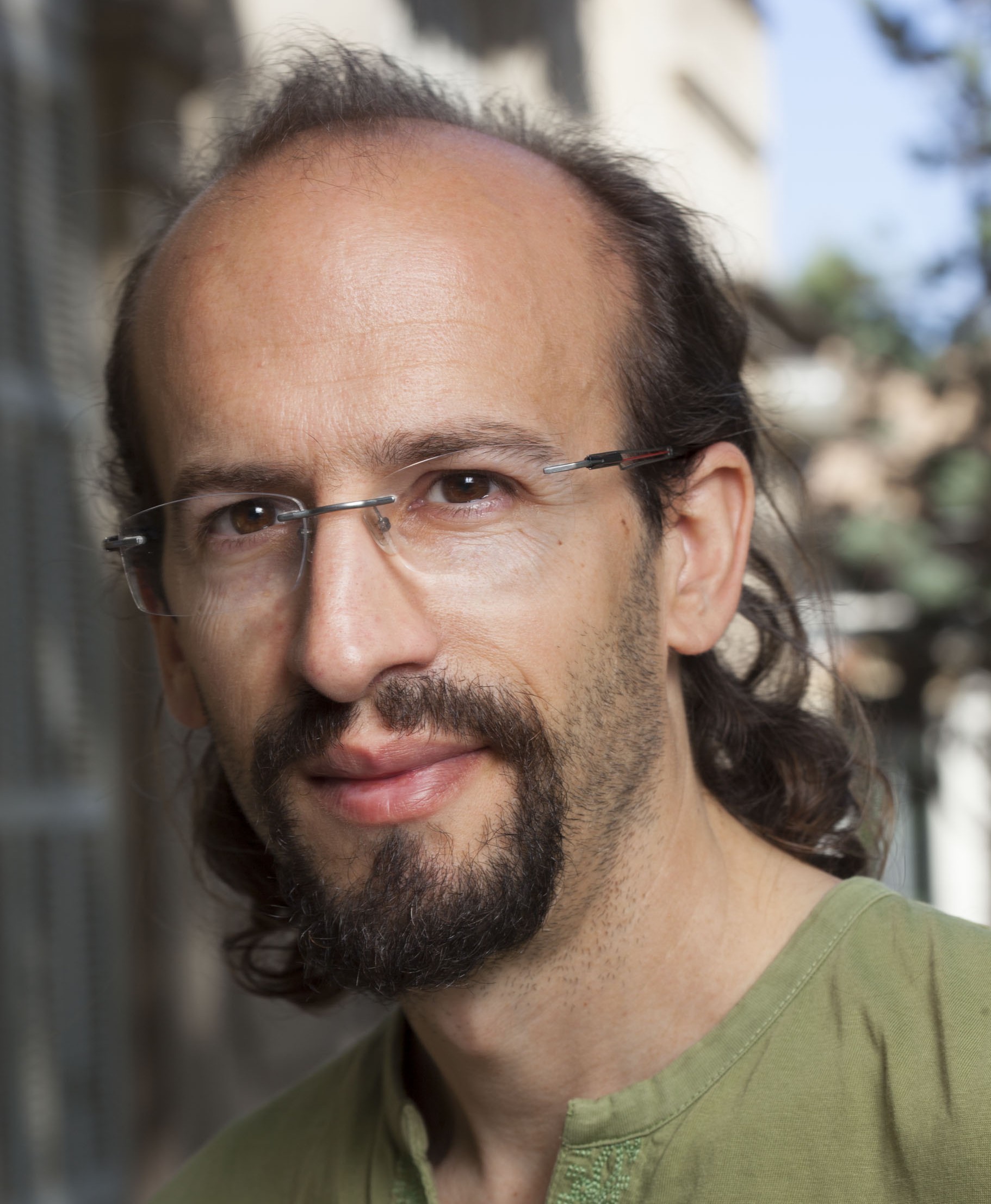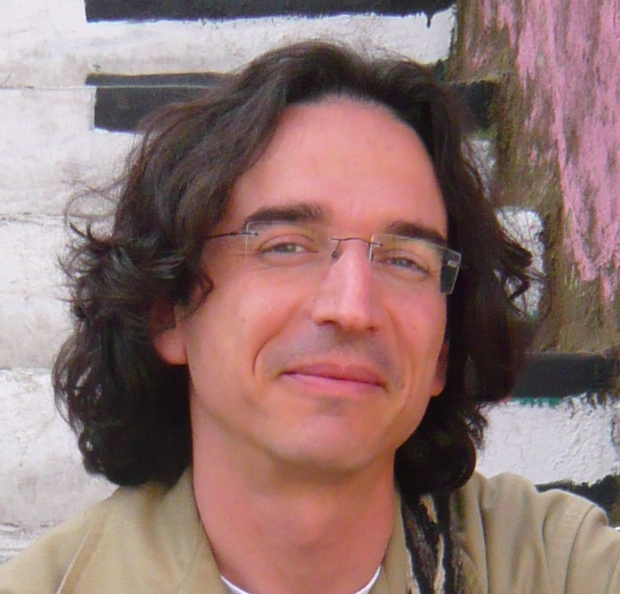Speakers

Alain Barrat - Research Director at CNRS. France Deputy Director of the Centre de Physique Theorique. Specially appointed professor at the Tokyo Tech World Research Hub Initiative (WHRI).
Bio - Alain obtained his PhD in theoretical physics at the university of Paris VI (France) in 1996, under the supervision of M. Mézard. The subject of the thesis was the out-of-equilibrium dynamics of spin glasses. He then spent two years at the Abdus Salam ICTP in Trieste, Italy, as a postdoctoral fellow. In 1998, he entered the National Council for Scientific Research (CNRS) of France with a permanent position as junior researcher. Alain spent 10 years at the Laboratoire de Physique Théorique at the University of Paris-Sud. He is currently CNRS senior researcher at the Centre de Physique Théorique in Marseille. He has also been research scientist at the Institute for Scientific Interchange in Turin, Italy from 2006 to 2019 and is Specially Appointed Professor at the Tokyo Tech World Research Hub Initiative (Tokyo, Japan) since April 2019. From April 2014 to November 2020, he has been vice-president treasurer of the Complex Systems Society. Since January 2018, he is the board member of the NetSci Society. Since December 2020, he is the Divisional Associate Editor of Physical Review Letters and, since January 2018, deputy director of the Centre de Physique Théorique.

David Chavalarias - CNRS Research Director, Center for Social Mathematics Analysis (CAMS), School of Advanced Studies in Social Sciences (EHESS). Director of the Complex Systems Institute of Paris Île-de-France.
Bio - David Chavalarias is the director of the Complex Systems Institute of Paris Ile-de-France. He holds a PhD from the Ecole Polytechnique in cognitive sciences and is graduated from the Ecole Normale Supérieure de Cachan in Mathematics and Computer Sciences. Currently permanent researcher at the National Center for Scientific Research (CNRS) in France, he studies the social and cognitive dynamics, both from the modelling and data-mining point of view. His research is strongly interdisciplinary and includes: quantitative epistemology, information visualization, modelling of the cultural dynamics, socio-semantic networks modelling, scientific discovery processes and cognitive economics. He has been involved in the design of several interfaces for mapping knowledge dynamics from large corpora : academic digital repositories, online media or press and had developed an original to analyse science dynamics : phylomemy reconstruction.

Linda Douw - Associate Professor at the department of Anatomy and Neurosciences of the VU University Medical Centre in Amsterdam. Visiting Scholar at the Martinos Center for Biomedical Imaging in Boston (MA, USA).
Bio - Linda Douw was trained as a clinical neuropsychologist in Amsterdam. She did her PhD at VU University Medical Center on brain networks in neuro-oncological patients, under supervision of Prof. Kees Stam and Prof. Jan Heimans. She subsequently obtained independent funding to do a postdoc at the Athinoula A. Martinos Center for Biomedical Imaging (Massachusetts General Hospital / Harvard Medical School) on the multimodal network correlates of cognition in lesional epilepsy, supervised by Dr. Steven Stufflebeam. She currently leads the research section Multiscale Network Neuroscience at the department of Anatomy and Neurosciences of the Amsterdam University Medical Centers, where she focuses on innovative network approaches in order to better understand and ultimately manipulate cognitive deficits in brain disorders. She is the co-founder and co-chair of the Dutch chapter of the Network Science Society and is a member of Amsterdam Young Academy.

Stefan Thurner - Professor for Science of Complex Systems at the Medical University of Vienna. Chairs the Section for Science of Complex Systems. President of the Complexity Science Hub Vienna. External professor at the Santa Fe Institute.
Bio - Stefan obtained a PhD in theoretical physics from the Technical University of Vienna and a PhD in economics from the University of Vienna. He held PostDoc positions at Humboldt University of Berlin and Boston University before joining the faculty of the University of Vienna and later Medical University. His habilitation is in theoretical physics. Stefan started his career with contributions to theoretical particle physics and gradually shifted his focus to the understanding of complex systems. He has published more than 240 scientific articles ranging from fundamental physics (topological excitations in quantum field theories, statistics and entropy of complex systems), applied mathematics (wavelet statistics, fractal harmonic analysis, anomalous diffusion), network theory, evolutionary systems, life sciences (network medicine, gene regulatory networks, bioinformatics, heart beat dynamics, cell motility), economics and finance (price formation, regulation, systemic risk) and lately in social sciences (opinion formation, bureaucratic inefficiency, collective human behavior, efficiency of healthcare systems). He holds two patents.